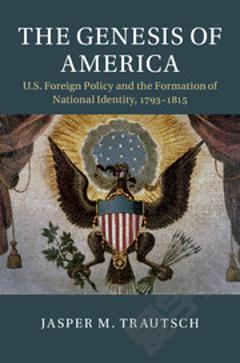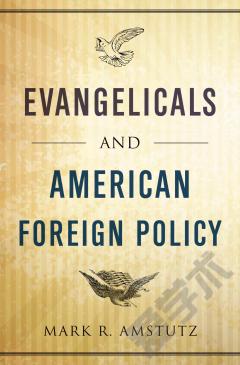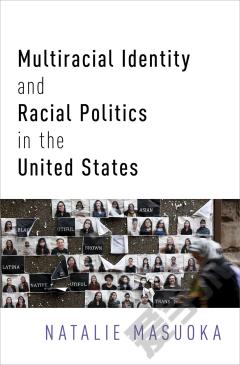Enemies of the American Way —— Identity and Presidential Foreign Policymaking
----- 美国方式的敌人:身份和总统外交决策
Why do presidents, when facing the same circumstances, focus on different threats to national security? Enemies of the American Way attempts to answer this question by investigating the role of identity in presidential decision making. The book explains why presidents disagree on what constitute a threat to the US security via the study of three US presidencies in the 19th century (Cleveland, Harrison and McKinley). These case studies help draw a theory of threat identification to understand how and why specific actions are taken, including the decision to wage war. Using a constructivist approach, the book develops a rule-based identity theory to posit that American identity defines potential national security threats, i.e., how a policymaker defines Americans also defines the threats to Americans.Enemies of the American Way offers a new means of understanding a key period when America rose to prominence in international relations while proposing a template that can be used to explain American foreign policy today. It will appeal to students of international relations and foreign policy.
{{comment.content}}








 京公网安备 11010802027623号
京公网安备 11010802027623号